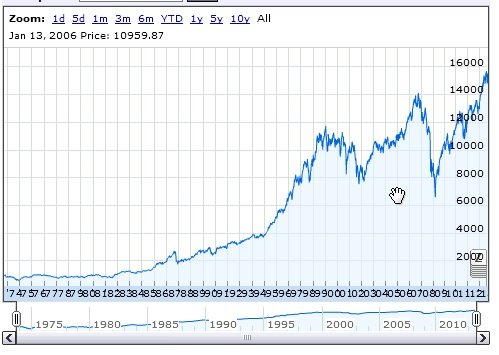nun
Thinks s/he gets paid by the post
- Joined
- Feb 17, 2006
- Messages
- 4,872
Wow I derailed my own thread, awesome!
To get this back on-topic, this is what my current game-plan looks like.
Any suggestions or objections before I put things in motion? The market is so artifically inflated right now though, I'm considering waiting until the DJIA goes back to 14k. I know, timing the market is bad but ignoring basic logic is...not
Consider dollar cost averaging into your desired AA.
I'm not sure why you'd want the extra taxable income of a dividend strategy at your age. I'd just get rid of all the individual stocks, but if you want dividends there are plenty of funds that will throw those off.
I'm a fan of paying down your mortgage principal just because a paid off house is one less thing to worry about in ER.....there are scenarios where it's not the most financial efficient course, but it removes some worry from ER.
You definitely need to be saving more to reach your goals, so look at being more frugal and make sure you max out the ROTH each year.
Good luck


